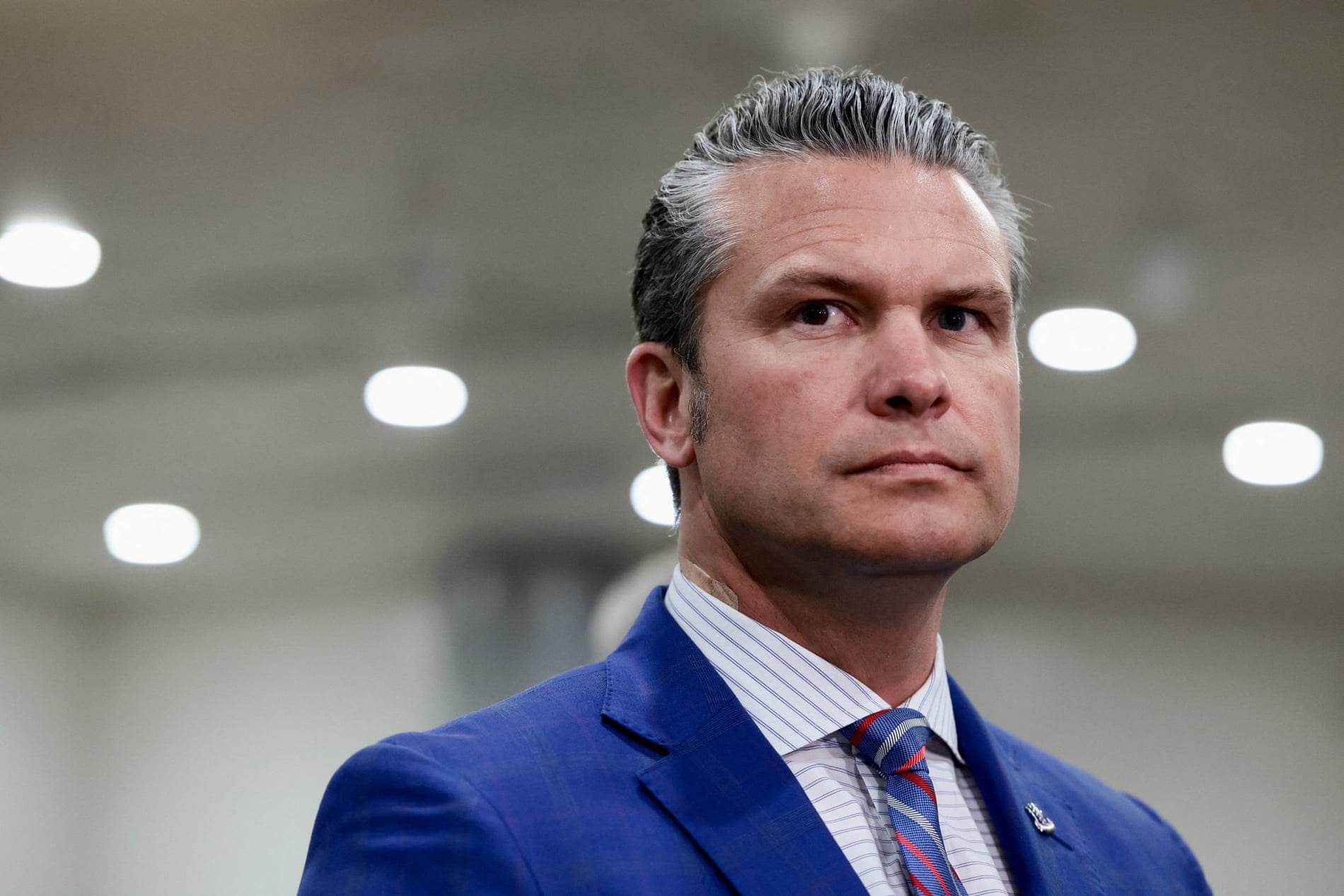 Investigators have concluded that Army commanders ignored advice not to send to Iraq an Army private who's now accused of downloading hundreds of thousands of sensitive reports and diplomatic cables that ended up on the WikiLeaks website in the largest single security breach in American history, McClatchy has learned.
Investigators have concluded that Army commanders ignored advice not to send to Iraq an Army private who's now accused of downloading hundreds of thousands of sensitive reports and diplomatic cables that ended up on the WikiLeaks website in the largest single security breach in American history, McClatchy has learned.
Pfc. Bradley Manning's direct supervisor warned that Manning had thrown chairs at colleagues and shouted at higher ranking soldiers in the year he was stationed at Fort Drum, N.Y., and advised that Manning shouldn't be sent to Iraq, where his job would entail accessing classified documents through the Defense Department's computer system.
But superior officers decided to ignore the advice because the unit was short of intelligence analysts and needed Manning's skills, two military officials familiar with the investigation told McClatchy.
The commanders hoped they could address Manning's discipline problems in Iraq, the officials told McClatchy, but then never properly monitored him. The result was a "comedy of errors" as one commander after another assumed someone else was addressing Manning's problems, one official said. Both officials spoke anonymously because they weren't authorized to discuss the investigation.





 A Washington DC grand jury declined to indict six Democratic lawmakers who were denounced by...
A Washington DC grand jury declined to indict six Democratic lawmakers who were denounced by... The US military on Thursday said it killed two alleged drug traffickers in a strike on...
The US military on Thursday said it killed two alleged drug traffickers in a strike on... The US defense secretary, Pete Hegseth, has said the Pentagon is ending all military training, fellowships...
The US defense secretary, Pete Hegseth, has said the Pentagon is ending all military training, fellowships...






























